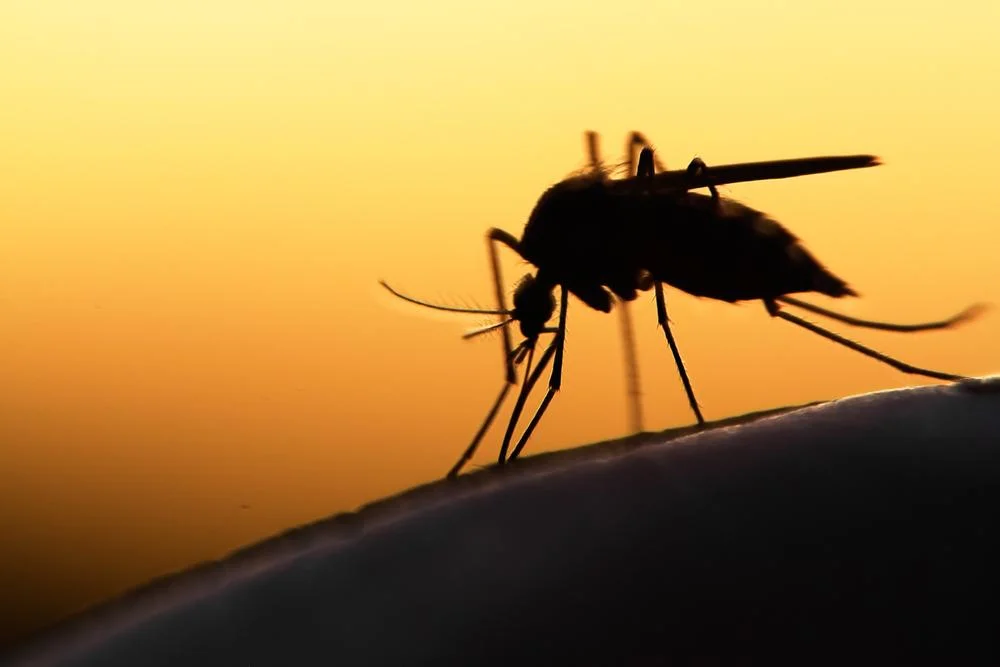Knox Public Health has received reports that two children under the age of 10 and living in two different rural areas of Knox County, have been diagnosed with La Crosse virus, a rare and dangerous illness that is transmitted through the bite from an infected mosquito.
The mosquito in question is the eastern tree hole mosquito, an aggressive daytime-biting mosquito commonly found in wooded areas. This particular mosquito is known for laying its eggs in the holes of trees where water collects as well as other water-collection sites. With the recent rain, area residents are reminded to reduce areas where water collects since mosquitoes need just a small amount of water to lay their eggs, which can hatch in just a few days.
Many people infected with La Crosse vhave no apparent symptoms. For those who do, symptoms typically begin five to 15 days after a mosquito bite and include non-specific symptoms such as fever, headache, nausea, vomiting and lethargy.
La Crosse can only be diagnosed by a health-care provider through a blood or cerebrospinal fluid sample collected for laboratory testing. Severe illness most often occurs among children less than 16 years old and is characterized by seizures, coma, paralysis and a variety of neurologic complications after recovery. Infection from the La Crosse virus can lead to encephalitis. Death from infection with La Crosse virus is rare and occurs in less than one percent of cases.
It is not known where the Knox County children acquired the virus; one family recently spent time camping outside of the county. The KPH environmental staff met with one family to conduct an outdoor assessment near the home to determine if there were potential breeding sites to be treated. KPH provides free mosquito dunks to area residents to be used in wet areas such as ditches or low-lying areas that collect water. The dunks can be picked up at KPH, from 8:30 a.m. to 4:30 p.m., Monday through Friday, at 11660 Upper Gilchrist Road, Mount Vernon.
KPH is doing routine pesticide spraying throughout the county, weather permitting. However, those efforts are only in highly populated municipalities, not rural areas.
The most effective way to prevent infection from La Crosse virus is to prevent mosquito bites. Mosquitoes bite during the day and night. Whenever residents are in areas prone to mosquitos they are encouraged to wear insect repellent, treating their skin, clothing and outdoor gear.
Common mosquito habitats include tires, gutters, rain barrels, buckets, cans, bottles, plastic containers, pet food containers and water dishes, planters and pots, including saucers and catch trays. Birdbaths should be drained and refilled every 3-4 days. Mosquito breeding grounds also include ditches, untended yards, heavily-shaded areas, high grasses, damp areas and wooded areas.







